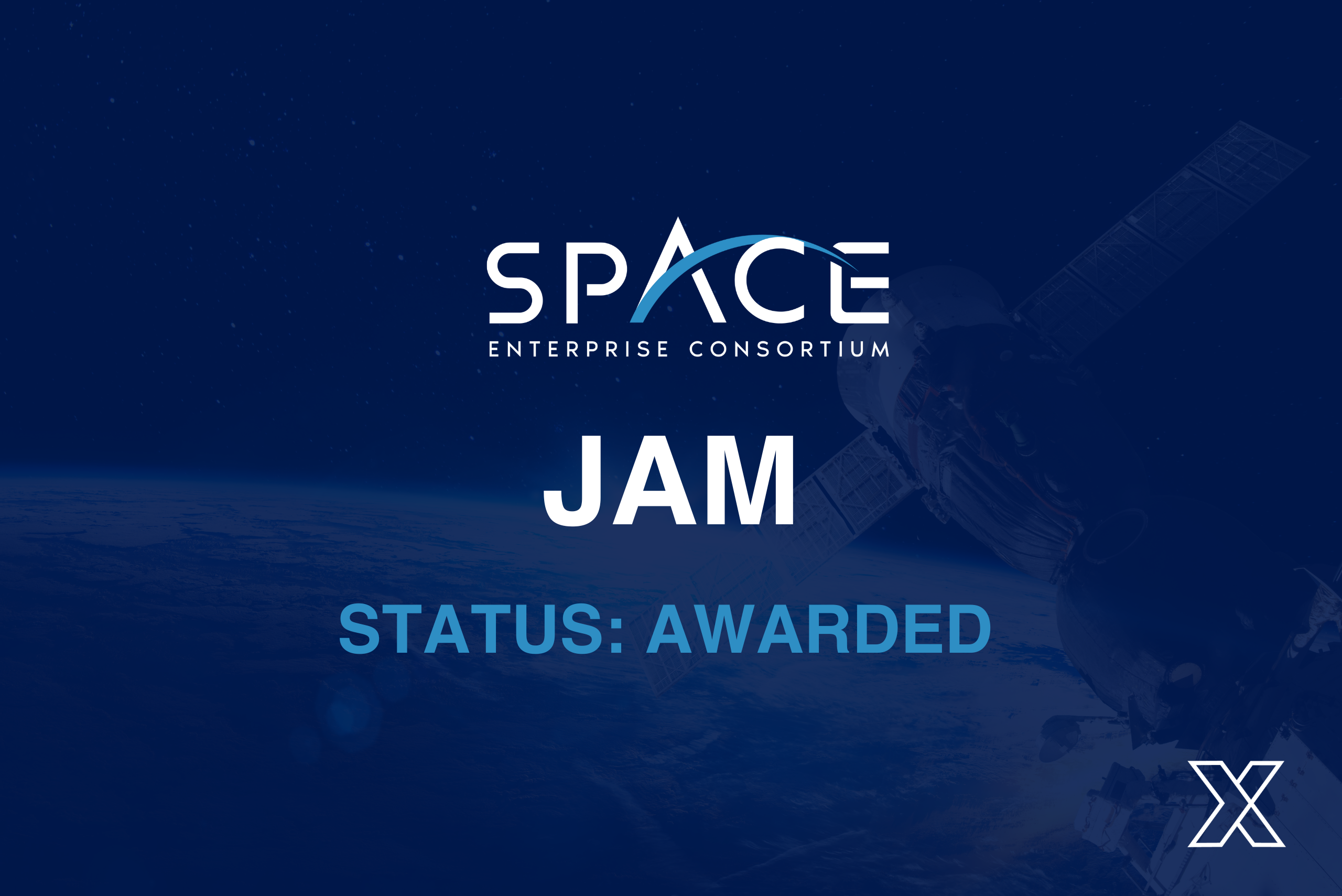The Indispensable Role of Technology in Space Exploration
August 14, 2023

Space exploration has always captured our imagination, and it continues to be an essential avenue for scientific discovery and human achievement. From the first successful mission beyond Earth’s atmosphere to the grand ambitions of colonizing other planets, technology has been the key enabler of space exploration. Advancing innovation and technology plays a crucial role in space exploration and unlocking the mysteries of the cosmos.
Advancements in Rocket Technology
At the core of space exploration lies rocket technology. Early rockets provided the initial steppingstones into space, but advancements over the years have transformed space travel. More powerful engines, advanced materials, and improved fuel efficiency have allowed us to reach farther into space.
As we continue to push the boundaries of rocketry, innovative solutions like reusable rockets, next-generation propulsion systems, and more efficient manufacturing processes promise to make space travel more accessible and cost-effective.
Pioneering with Robotics
Before sending humans into the cosmos, robotic missions paved the way for exploration. Rovers like Opportunity and Spirit on Mars have dramatically expanded our understanding of the Red Planet, while spacecraft like Voyager have ventured into interstellar space, carrying a golden record representing humanity’s achievements. Unmanned missions allow us to take risks, explore hazardous environments, and gather vital data without jeopardizing human lives. Advancing robotic technology will enable more sophisticated missions and discoveries in the future.
Advanced Propulsion
Advanced Propulsion is a critical aspect of making space travel feasible. Traditional chemical propulsion has its limits in terms of speed and distance. Future missions demand faster travel times and energy-efficient propulsion systems.
Researchers are exploring cutting-edge technologies like nuclear propulsion, solar sails, and ion thrusters to achieve these goals. Advancements in propulsion technology will enable faster journeys to distant planets and celestial bodies, unlocking more opportunities for exploration.
Remote Sensing and Telescopes
Space-based telescopes and remote sensing technologies have transformed our understanding of the cosmos. Telescopes like the Hubble Space Telescope and the James Webb Space Telescope have provided stunning images and critical data that deepen our knowledge of the universe’s vastness and complexity. Just recently, Webb celebrated its first year of science by releasing an image of the Rho Ophiuchi cloud complex, a highly detailed picture of a region 390 light-years away.
The continued development of advanced telescopes and instruments will allow us to observe distant exoplanets, study cosmic phenomena, and search for signs of extraterrestrial life.
Data Analysis and Artificial Intelligence
The vast amounts of data collected during space missions require sophisticated analysis. Artificial Intelligence (AI) and machine learning have become indispensable tools for processing and interpreting complex data sets.
AI algorithms aid in identifying patterns, predicting space phenomena, and optimizing mission operations. As AI technology evolves, it will play an even more significant role in making sense of the vast amount of information gathered during space missions.
The Impact of Space Exploration
Technology is the driving force behind the magnificent achievements and groundbreaking discoveries in space exploration. From overcoming the challenges of reaching distant celestial bodies to providing essential tools for data analysis, innovation in technology has always been the catalyst for our cosmic aspirations.
To continue our journey into the cosmos and unlock the secrets of the universe, we must embrace the spirit of innovation. As we move forward, it is crucial to invest in research and development, encourage collaboration between public and private sectors, and nurture the brightest minds to ensure that we are well-equipped to explore the final frontier and make our mark in the cosmos.
Even through making these innovations with the purpose of space exploration, these pushes forward will undoubtedly have effects on our life here in Earth as well. Manufacturing, AI/machine learning, and propulsion are all advancements we can utilize here on Earth, so our efforts into space will undoubtedly push us forward here on Earth as well.
About SpEC
The Space Enterprise Consortium (SpEC) was established in 2017 by the Air Force Space and Missile Systems Center, managed by the National Security Technology Accelerator (NSTXL). SpEC’s objective is to bridge the gap between military buyers and commercial space startups by using Other Transaction Agreements (OTAs). The consortium’s mission is to facilitate the entry of small businesses and non-traditional vendors into the space industry, promoting research and prototyping efficiencies, reducing costs, and fostering innovation.






